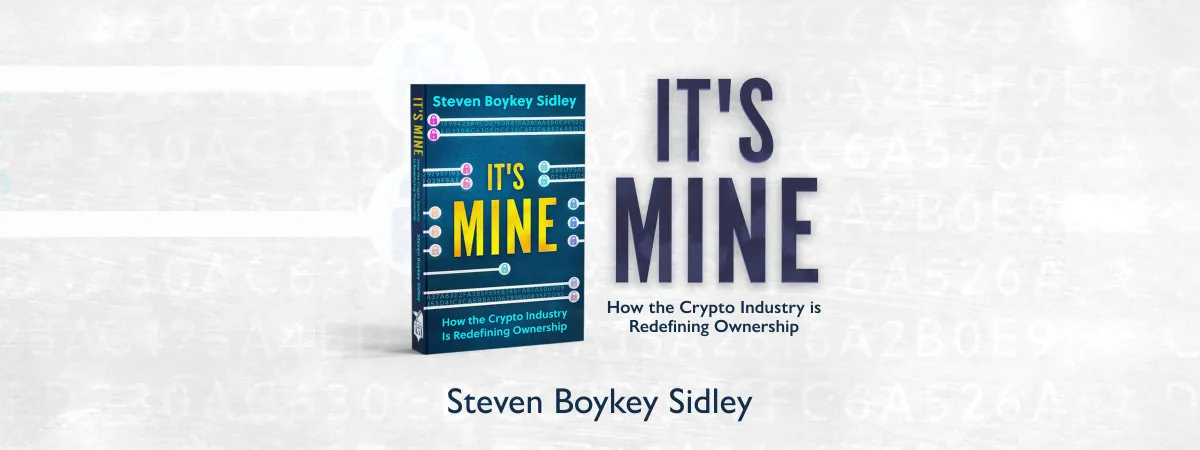GUEST ESSAY
The Techno Optimist Manifesto — Marc Andreessen breaks the internet, again

In one sentence: Despite his impressive achievements, Marc Andreessen's Techno Optimist Manifesto is a cringy listicle of grandiose techno-philosophical declarations that, while controversial, lacks an appreciation for the potential harm that can result from technological progress. Looking around at the many human tragedies unfolding in our world right now — the wars in Ukraine and the Middle East, income inequality, political polarisation — my belief in a technological solution for any of them is threadbare.
Marc Andreessen, as many readers of this column will know, invented the internet browser (Mosaik, Netscape) while still a student in the 1990s, and co-founded one of the most successful venture companies in the world, Andreessen Horowitz, whose early investments in companies such as Airbnb, Stripe, Reddit, Instacart and Robin Hood has made him Croesus-wealthy. And then there’s his other pastime — he is a longstanding writer of screeds, manifestos and lofty blogs, many of them seen as eerily prescient today, as well as iconic, most famously his 2011 article Why Software is Eating the World, first published in The Wall Street Journal.
I am a longtime Andreessen fan as well as a dedicated listener to his consistently on-point, machine-gun delivery of his views on podcasts and panels, and I am an avid follower of his company’s research and analysis.
Until now. I’m less of a fanboy now.
Andreessen broke the internet again last week with a 5,000+ word cringy listicle called The Techno Optimist Manifesto, posted on 16 October. The language is reminiscent of decidedly amateur poetry, riddled with single-line declarations, repetitive phrasing and grandiose existential pronouncements in embarrassingly flowery language, all of it awkwardly married to techno-philosophical zealotry.
Herewith a smidgeon:
“We believe this is why our descendants will live in the stars
We believe that there is no material problem — whether created by nature or by technology — that cannot be solved with more technology.
We had a problem of starvation, so we invented the Green Revolution.
We had a problem of darkness, so we invented electric lighting.
We had a problem of cold, so we invented indoor heating.
We had a problem of heat, so we invented air conditioning.
We had a problem of isolation, so we invented the Internet.
We had a problem of pandemics, so we invented vaccines.
We have a problem of poverty, so we invent technology to create abundance.
Give us a real-world problem, and we can invent technology that will solve it.”
Or this:
“We believe in competition, because we believe in evolution.
We believe in evolution, because we believe in life.
We believe in the truth.
We believe rich is better than poor, cheap is better than expensive, and abundant is better than scarce.
We believe in making everyone rich, everything cheap, and everything abundant.”
Or this:
“Our enemy is stagnation.
Our enemy is anti-merit, anti-ambition, anti-striving, anti-achievement, anti-greatness.
Our enemy is statism, authoritarianism, collectivism, central planning, socialism.
Our enemy is bureaucracy, vetocracy, gerontocracy, blind deference to tradition.”
Yes, well, I hope you can see my problem with this, notwithstanding my admiration for the man’s achievements, but I leave it to you to form your own opinion of its literary worth.
Even so, Andreessen’s manifesto is being taken very seriously, furiously discussed and debated by almost everyone with a healthy interest in the future of humanity and its tether to technology. For the sake of fairness, let me cast aside snobbish criticisms of his style and address his central argument instead.
Which is this.
Historically, the speed of human advancement and upliftment has accelerated on just about every index, especially over the past couple of hundred years or so. Longevity, infant mortality, education, employment, leisure time, human rights, frequency of wars, medical treatment, food production, etc. have all improved.
Andreessen insists that these positive developments have been entirely driven by technological innovation, and that innovation itself is fuelled by the blind energy of the free market. He extrapolates from this that every problem of humanity will have a technological solution paid for by market forces. In his view, anyone who does not buy into this is a Luddite complicit in human suffering, or at least not supportive of its thriving.
That’s really it, save for the flowers.
This is not an unreasonable position to take, and he is not the first to have taken it. The canon of academic research and wise opinion overflows with this debate, but it gets particularly hot at the boundary between technological good and technological harm.
Andreessen believes that harm resulting from technology will always be fixed by further technology, that is the nature of progress. To try to pre-empt harm that may happen is immoral because, as with the famous “precautionary principle”, one cannot really know. Human beings are famously bad at predicting the impact of novel things. (Remember the quaint cry of “information wants to be free” when the internet came along? That didn’t age well.)
So Andreessen’s implicit proclamation — “Let ’er rip, we’ll be able to fix it later, because the market will want it fixed” — seems a little incautious in the face of history. Examples abound, from the unintended but disastrous consequences of social media to the horrors of undertested pharmacology. (I’ll stay away from climate change so as not to be pulled into an endless sidetrack.)
I do, however, have a great deal of empathy with his core thesis, so I hesitate to push back too hard. The discomfort I feel on reading this has to do with the manifesto’s absolute sense of certainty, its lack of nuance, its love affair with the primacy of markets. Looking around at the many human tragedies unfolding in our world right now — the wars in Ukraine and the Middle East, income inequality, political polarisation — my belief in a technological solution for any of them is threadbare.
Some of our most pressing problems have to do with matters more profound than our smart inventions and the mechanisms of markets, as impressive as they are.
They simply have to do with us — by nature imperfect, hobbled, bewildered and hopeful. DM
Steven Boykey Sidley is a professor of practice at JBS, University of Johannesburg. His new book It’s Mine: How the Crypto Industry is Redefining Ownership is published by Maverick451. It can be ordered directly from the DM store here or on Kindle. It’s also available at bookstores.


















Comments - Please login in order to comment.